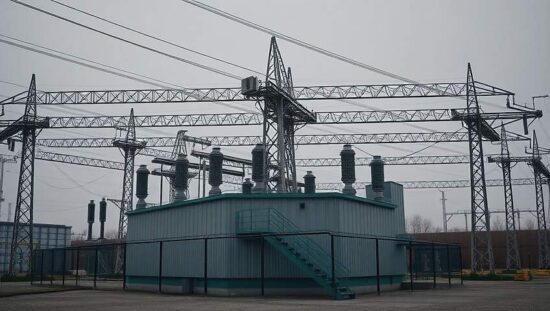The German Federal Network Agency (Bundesnetzagentur) has finalized its draft proposals for the “NEST” process, a significant overhaul of grid incentive regulation, according to reporting in Handelsblatt. The reforms, touted by Agency Chief Klaus Müller as creating an “attractive environment for investment” and limiting costs to necessary levels, are already generating debate regarding their potential impact on both energy consumers and smaller network operators.
The NEST process represents a complex restructuring of how grid operators are regulated and compensated for their services. While the agency emphasizes cost-efficiency, critics argue the changes could inadvertently increase the financial burden on consumers and potentially stifle innovation within the sector.
Key alterations compared to the initial June draft include broadening the applicability of the “Opex surcharge”. This surcharge, intended to account for operational cost increases within a regulatory period, will now be accessible to all grid operators, including smaller regional providers previously excluded. This expansion is drawing scrutiny, with concerns raised that it may disproportionately benefit larger entities while potentially creating instability for smaller, less financially robust networks.
Further tightening the regulatory environment, the Bundesnetzagentur plans to raise the minimum efficiency target for grid operators from 60% to 70%. While positioned as a driver for improved performance, some analysts question whether this ambitious target is realistically achievable across all network types and geographic locations without compromising grid reliability or necessitating costly infrastructure upgrades.
A third significant change allows grid operators to factor in the real interest rates paid on borrowed capital when calculating their costs. This adjustment, ostensibly intended to reflect the financial realities of operating increasingly complex and expansive grid infrastructure, has been criticized as potentially inflating reported costs and ultimately increasing consumer prices.
The finalized regulations for processes RAMEN Strom and RAMEN Gas, Strom-NEF and Gas-NEF – key components of the NEST process – will be submitted to the Länderusschuss (Federal State Committee) this week. The committee’s decision, slated for November 13th, will determine the regulations’ final approval before their implementation at the turn of the year. The coming weeks are expected to witness a heated discussion surrounding the long-term consequences of these substantial regulatory changes and their potential impact on Germany’s energy transition.





